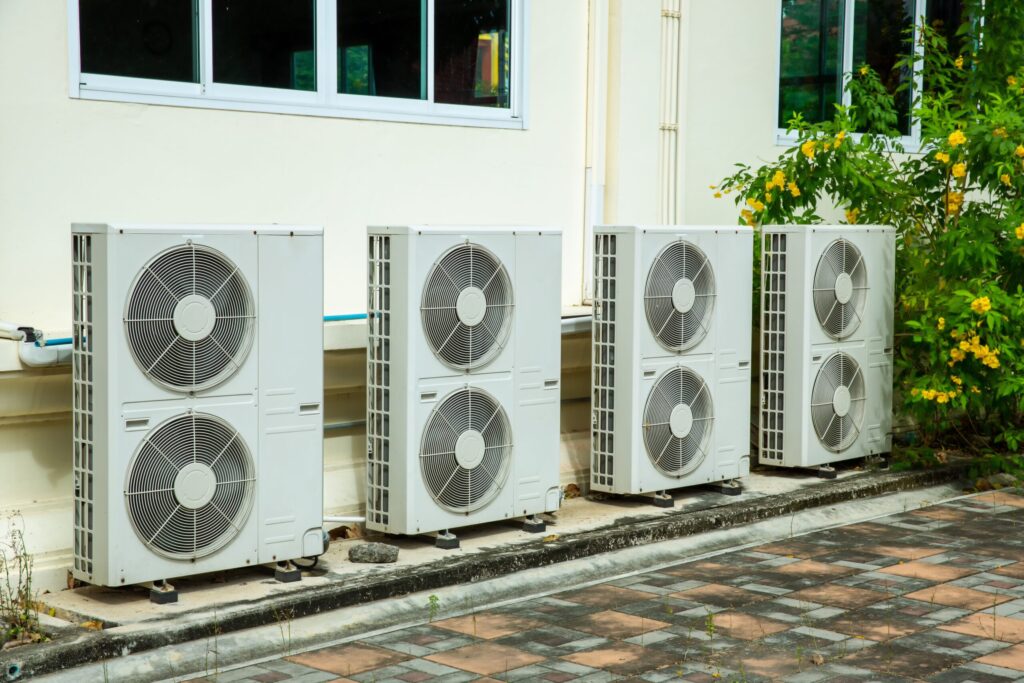Knowing how to extend your air conditioner’s lifespan should be a priority for homeowners. Your HVAC system is a major investment, and maximizing its lifespan allows you to get the most value out of your purchase. By properly maintaining and prolonging its lifespan, you can avoid premature breakdowns and the need for costly repairs or replacements. In this article, we are going to walk you through practical tips on how to ensure that your air conditioner serves you for the longest time possible. If you’re in need of some advice, keep reading!
Understand Your Air Conditioning System
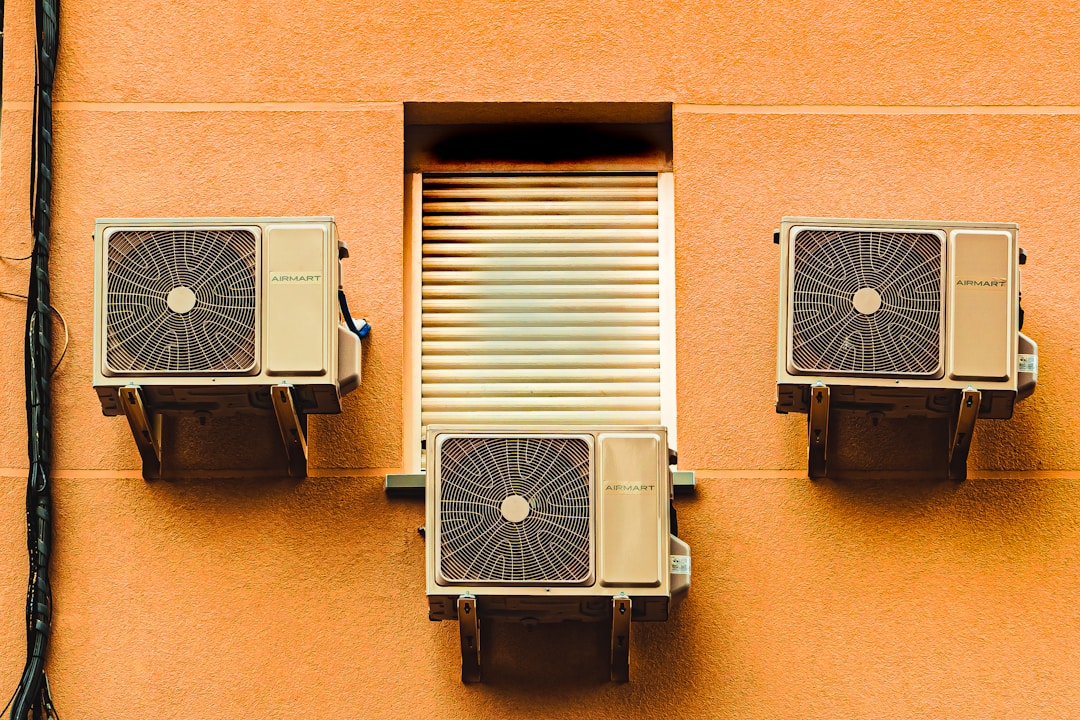
Understanding how your air conditioning system works is critical for efficient maintenance. It lets you identify basic problems, such as insufficient cooling, and understand the possible causes. You can also get assistance from an HVAC professional, like the experts at this business that provides AC repair Covina CA. Remember, an air conditioner is not just about the outdoor unit and the thermostat. There are a lot more elements to it such as the condenser coils, evaporator coils, air filters, and ductwork. A sound understanding of these components and how they interrelate can provide a bountiful background for advanced maintenance tasks.
Additionally, understanding your system enables you to know when to call in professionals. Not every AC problem is a DIY project. Some issues are too technical and require the input of a skilled technician. A good understanding of your system will identify when you need professional guidance and ensure you select the best professional service for your work. A good grasp of your system increases your confidence in handling it. You’re less likely to make errors that might harm the machine or yourself. Therefore, always take the time to learn your air conditioning system, from its components to its operation principles.
Regular Maintenance
Like all other machines, your air conditioning system requires frequent maintenance for it to run efficiently. Just like you would service your car regularly to keep it running smoothly, so should you do your AC system. Regular maintenance includes regular cleaning, lubricating moving parts, changing filters, and inspecting other components for wear and tear. During maintenance, be sure to clean or replace the filters at least every 90 days. Dirty filters restrict air flow, causing your system to work harder and reduce its efficiency.
Lubricating moving parts reduces friction and extends their life. Regular inspections give you a chance to catch minor issues before they turn into major problems. These are fundamental practices that affect your system’s lifespan. Regular maintenance isn’t just about cleaning and changing parts. It’s also about identifying and fixing minor problems before they escalate. With regular maintenance, you can detect things like refrigerant leaks or blocked drains early enough, and seek repair services before the damage extends or causes other problems.
The Importance of a Professional Touch
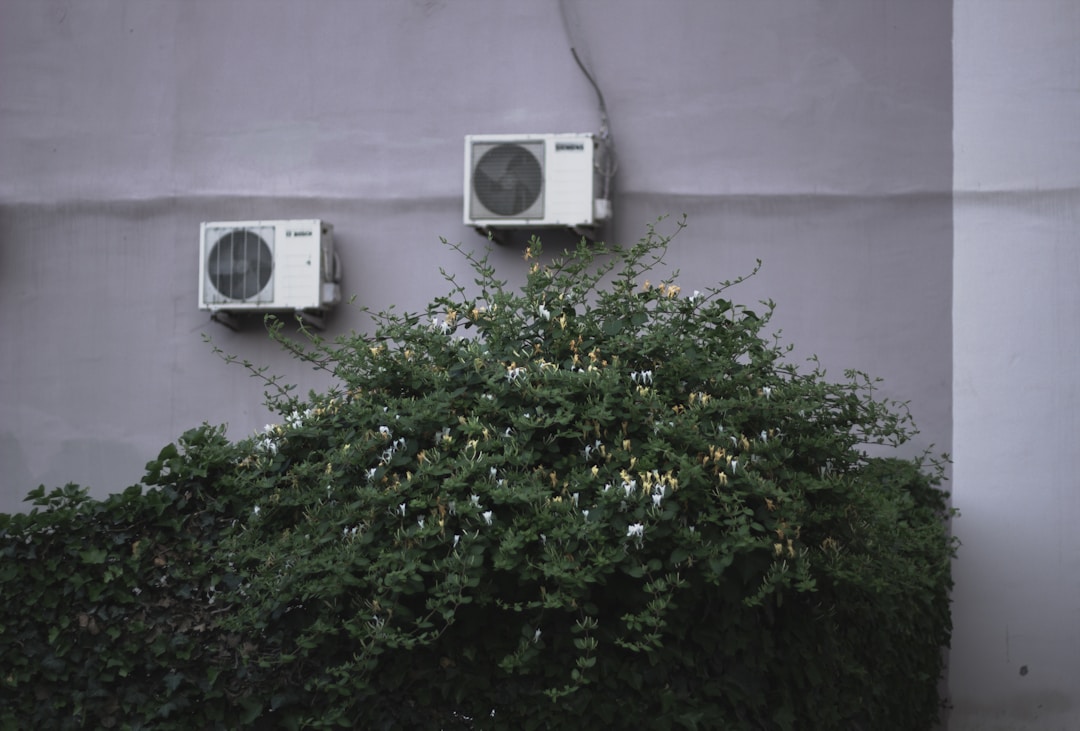
While simple troubleshooting and maintenance practices can be done at home, having a qualified professional look at your unit adds another layer of assurance to its longevity. A trained technician will have a keen eye for issues you might miss and can offer helpful advice on keeping your system healthy based on your specific model and home environment. For complex issues, a professional is best equipped to safely and accurately diagnose and repair them.
A professional can also perform a thorough cleaning of components that shouldn’t be handled without proper training, including the coils and the condensate drain. They will also have the equipment to check refrigerant levels, mechanical components, and electrical connections. Hence, scheduled professional maintenance is a non-negotiable requirement to extend your air conditioner’s lifespan.
Keep in mind that professional maintenance should supplement, not replace, your DIY maintenance. Many minor issues and preemptive measures can be taken care of by the homeowner, but the expertise of a professional will be invaluable for the overall health of your system.
Efficient Use of Your Air Conditioning System
How you use your air conditioning system plays a significant role in its lifespan. If you overwork the unit, it will consume more energy and it will likely wear out quickly. For example, leaving your air conditioner running 24/7 puts a strain on its components and can shorten its lifespan. You can try to minimize AC usage during cooler hours of the day or adjust the thermostat when you’re not at home.
Your thermostat settings also affect the lifespan of your unit. A lower setting means your system needs to work harder to achieve the desired temperature. Ensure you set your thermostat at a comfortable level; not too high, not too low. During warmer months, consider using fans to distribute cool air more evenly, thereby reducing the workload on your air conditioner. You should also make sure your home is well insulated to prevent warm or cool air from escaping. This can be done in various ways, such as insulating your attic or basement, sealing windows and doors, and using energy-efficient appliances.
Upgrade or Replace When Needed
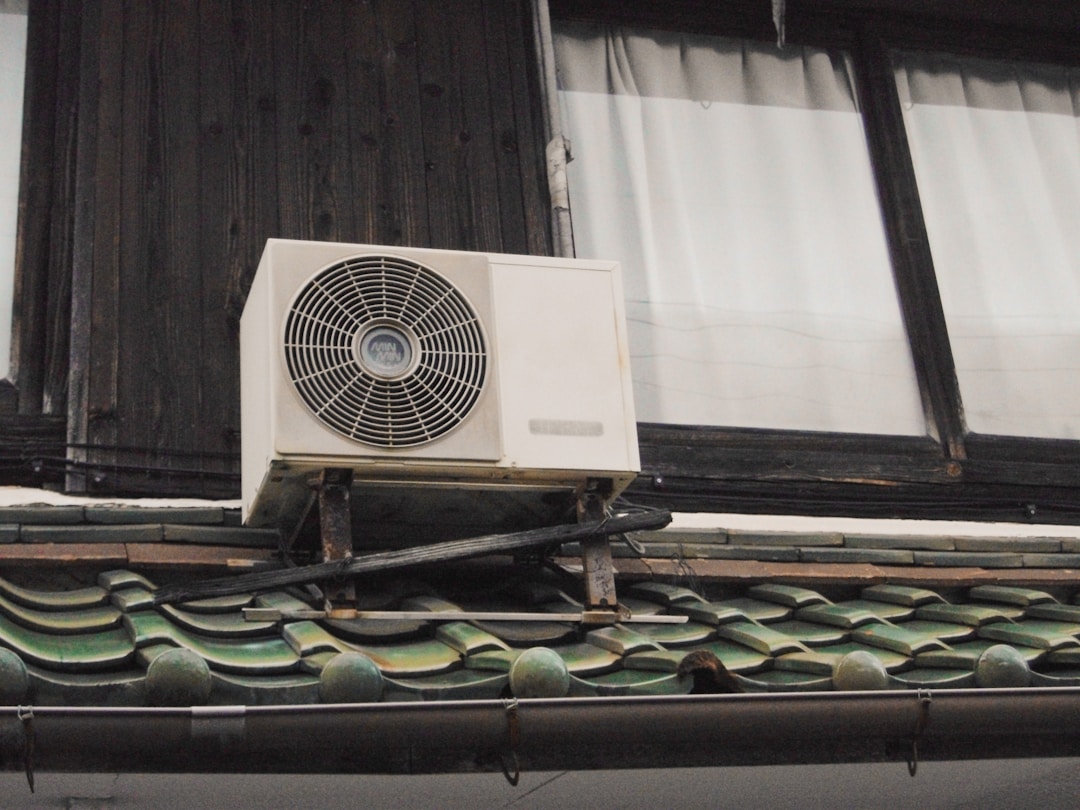
Despite regular maintenance and efficient usage, there comes a time when your air conditioner needs to be replaced. Older air conditioners may consume more energy and require more frequent repairs, which can be costly. In such a situation, replacing the unit may be the better choice. However, before you decide to replace the unit, always consult a professional. A professional can assess the condition of your unit and give advice on whether it’s best to upgrade certain components or replace the whole unit.
While it may be more expensive initially, a new energy-efficient unit can save you money in the long run in energy costs and repairs.
Moreover, technology advances can greatly improve the efficiency of your system. The latest air conditioners come with energy-saving features and even smart thermostats, which can save a lot of money. They are often quieter than older models too. Not only does this enhance your comfort, but it also adds to the longevity of the system.
Dealing with Regular Wear and Tear
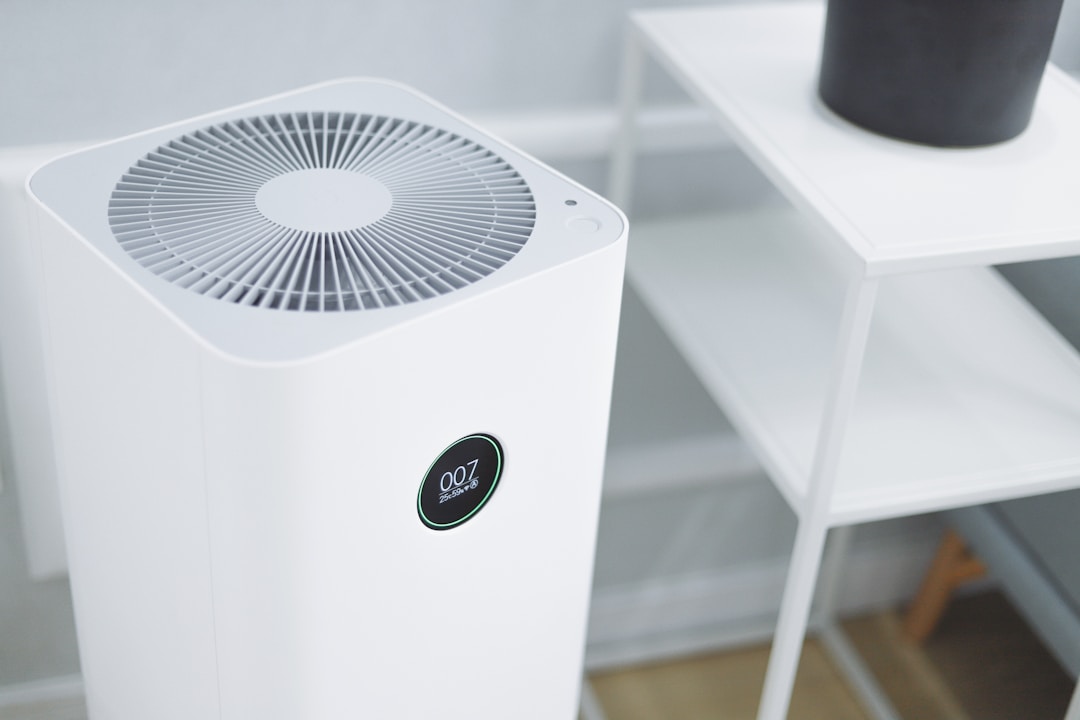
Regular wear and tear can reduce the lifespan of your air conditioner. This is inevitable, but you can manage it effectively. For instance, replacing worn-out parts in good time prevents further damage to other components. Regular inspections help you identify wear and tear early enough before it causes substantial damage. One way to combat wear and tear is through consistent maintenance.
As previously mentioned, regular maintenance extends the life of your machine because it addresses wear and tear in real time. It keeps the system running smoothly, reducing the likelihood of sudden breakdowns. Also, maintaining a clean system is key to reducing wear and tear. Dirty filters, coils, and other parts force your air conditioner to work harder, which fast-paces wear and tear. By keeping them clean, you prevent strain on your system.
As this article clearly demonstrates, extending the lifespan of your air conditioner is achievable with the right knowledge and consistent effort. It is about understanding your system, performing regular maintenance, using it efficiently, seeking professional expertise, upgrading or replacing components when necessary, and dealing with wear and tear. By implementing these practices, your air conditioner will serve you efficiently and last longer than expected. Follow our advice and you can be sure that you’re taking the best possible care of your HVAC system.

